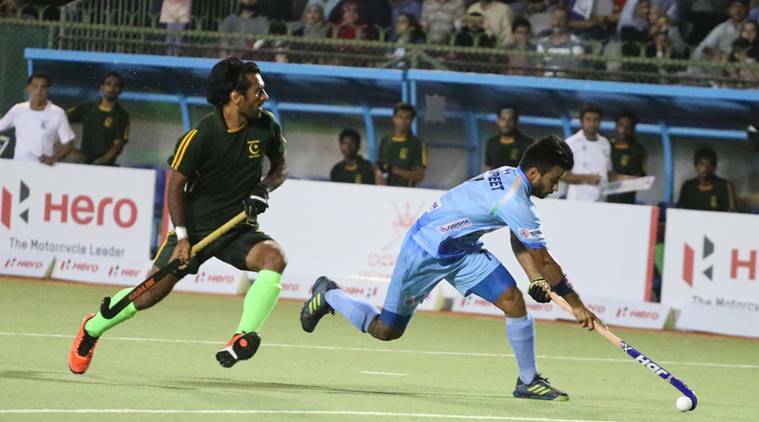The promise and peril of the Dominican baseball pipeline contain approximately 30 percentage of Major League Baseball rosters on Opening Day
Share

This is largely because MLB has systematized its recruiting and developmental packages within the Caribbean over the last 25 years. While discovering my ebook “Raceball” within the Caribbean basin, I saw firsthand how this system operates: the way prospectors scour the Dominican Republic for the next nuggets of talent, the way gamers are decided on and groomed at a younger age, and the way a signing bonus in the heaps of bucks can transform an impoverished circle of relatives life.
Few Dominican ballplayers, but they genuinely make it to the huge leagues. Entangled in a device that encourages them to specialize in baseball at an early age, they’re left with little to fall back on when baseball doesn’t pan out. The rise of the academy When I first went to the Dominican Republic in 1984, scouting was rudimentary; a handful of scouts searched the countryside and “barrios” for prospects, gazing at younger gamers and projecting how they may broaden with higher schooling and nutrition. At the time, maximum kids performed for beginner and semi-seasoned squads representing groups, sugar turbines, army units, and banana plantations.
The first generations of Dominican major leaguers – Felipe Alou, Juan Marichal, and Manny Mota – came from these teams and signed for a few hundred bucks. In the Seventies, Epy Guerrero, a former minor leaguer, opened the first academy dedicated to grooming MLB talent, a spartan facility outdoor Santo Domingo. He later partnered with the Toronto Blue Jays and advanced stars like George Bell and Tony Fernández.
When I visited, Guerrero’s costs skilled for hours beneath scalding solar. But the work regarded plush compared with their friends cutting sugar cane in adjoining fields or the army of scavengers choosing via mounds of trash at a nearby Santo Domingo dumps plush. Baseball sincerely offered a possibility for a much higher future. By the mid-nineteen Eighties, Latinos made up one-9th of all foremost leaguers; half had been from the Dominican Republic, then a kingdom of 6 million.
In 1987, the Los Angeles Dodgers took the academy model to a new stage, starting Campo Las Palmas close to San Pedro de Macorís, the sugar-cane Milltown called “the cradle of shortstops.” Las Palmas changed into a gated compound proposing properly manicured fields, dorms with warm water, and pinnacle-notch coaches. “There is nothing to find it irresistible in all the Caribbean,” Juan Marichal advised me as we watched a sport there in July 1987. It quickly produced a stunning variety of stars, which includes Pedro Martínez, Adrián Beltré, and Raúl Mondesí.
Signing bonuses balloon The Dodgers’ fulfillment ultimately prompted each corporation to open an academy of its ownemies, which became the Eightultimately ies wave of Dominican ballplayers into a tsunami of skills. Today, Dominicans on my own now number a couple of of-10th of all essential leaguers. In some ways, the academy machine has been a win-win for Dominicans and Major League Baseball. In 1990, groups signed 281 boys, paying them US$750,000 in bonus money. Most received $2,000 to $five 000, a small fortune for their family.
In 2009, aggregate bonuses for overseas-born potentialities had soared to $70,000,000, with most going to Dominicans. Several boys acquired payouts of more than one million greenbacks. In 2018, the Blue Jays doled out a $three.Five million signing bonus to Dominican shortstop Orevelis Martinez. Latin children benefit from MLB guidelines. First, the handiest gamers from the U.S., Puerto Rico, and Canada are eligible for the annual participant draft. So Dominicans and other foreign-born potentialities start their careers as unfastened marketers and can signal with the membership imparting the excellent deal.















